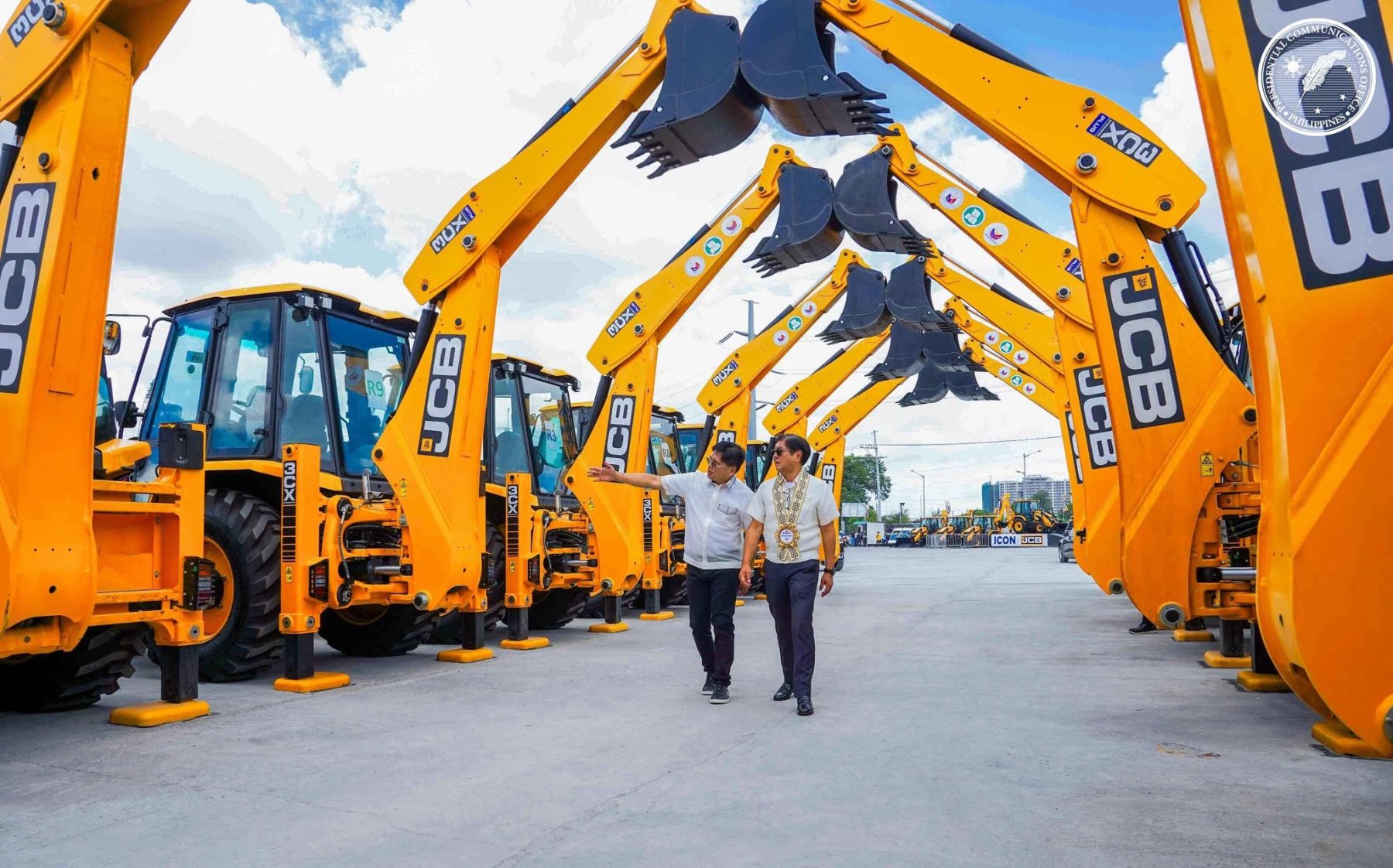
President Ferdinand R. Marcos Jr. on Monday reiterated his administration’s commitment to boosting agricultural resilience amid worsening climate change, emphasizing the need for swift and lasting solutions to irrigation issues and greater preparedness for both droughts and heavy rains.
During the ceremonial turnover of the third tranche of the National Irrigation Administration (NIA) re-fleeting program in Taguig City, President Marcos said the initiatives are more than just a logistical upgrade.
The President said the third tranche of the NIA operations and maintenance equipment and vehicles re-fleeting is a vital lifeline for Filipino farmers confronting the harsh realities of today’s climate crisis.
“Napakahalaga ng re-fleeting program ng NIA lalo na po sa panahon ngayon. Mabigat ang pagsubok na kinakaharap ng ating mga magsasaka dahil nga sa dinudulot ng climate change,” President Marcos told key NIA officials and personnel.
The President said the government must stay one step ahead of unpredictable weather patterns that threaten the country’s food supply.
With climate-driven droughts and floods damaging crops nationwide, President Marcos said irrigation systems must be prepared and responsive at all times.
“Kaya ating tinututukan ang kahandaan sa anumang hamon ng kalikasan—tagtuyot man o tag-ulan. Kung may kailangang ayusin sa irigasyon, dapat may agarang aksyon at matibay na solusyon,” the President said.
Calling for accountability and stewardship, President Marcos urged NIA employees to take full responsibility for the new resources entrusted to them.
“Kaya po ang hiling ko sa lahat ng kawani ng NIA: ingatan, alagaan, at gamitin ninyo ang mga sasakyan at pasilidad nang wasto,” President Marcos said.
The refleeting program marks a significant boost to NIA’s operational capabilities, with modernized equipment and vehicles ensuring faster response times and improved maintenance of irrigation facilities nationwide.
This latest re-fleeting tranche is aligned with the broader goal of President Marcos in achieving long-term agricultural productivity and food security through innovation, infrastructure, and institutional support. | PND

